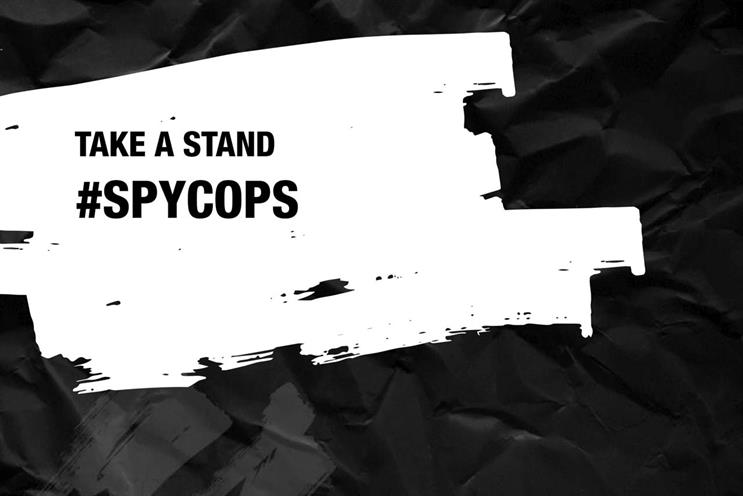However silly it may sound to people living in the real world, brand activism is a thing.
It’s not just a viable approach to brand-building (if one that’s difficult to exeucte well) but a response to market demand. Research we conducted last year found that 41% of people believe businesses have significant potential to bring about positive change in the world – higher than the number saying the same about individuals, governments and actual activists.
Roughly speaking, brand activists espouse values that are bigger than themselves or the products they make. Sometimes, they attach themselves to issues or campaigns, ideally in the spirit of those values, in order to reinforce them.
When they do this, a brand – whether personal or corporate – has to welcome the fact that the issue is bigger and more important than them. If this is acknowledged credibly, and executed in a way that’s well thought-through, there’s a place for impactful activist brands of this kind.
Former footballer Neville Southall is a nice example of this. When people to interview Southall, he points them in the direction of the people he’s promoting, believing their issues are more important than his profile.
Lush is another example. , the retailer has always presented itself as an activist, using its platform to raise awareness on a range of issues.
Undercover police officers have infiltrated the lives, homes, and beds of activists since 1968. Their roles were to infiltrate political groups and collect ‘intelligence’ about planned demonstrations and the individuals involved. 1/3
— LUSH UK (@LushLtd)
The company is profitable and it pays its taxes. To create its latest campaign, it worked with several victims of undercover police – so whatever people may think about the validity of raising awareness of such serious issues, Lush can’t be accused of not taking it seriously, hopping on a bandwagon, or not being thorough.
A couple of questions do linger: did the business give its staff, to whom it has a duty of care, sufficient material to be equipped to deal with the backlash? And tonally, how does this sit with a company that sells bath bombs? It’s a bit of a conceptual leap.
But look at it in relation to others who’ve been criticised for co-opting causes in the recent past. When Pepsi presented its self-important and woefully-executed Kendall Jenner protest ad, conviction and integrity seemed absent. The protest placard that literally read "join the conversation" said everything.
When Mastercard recently linked goal-scoring by Messi and Neymar at the World Cup to free meals forchildren in Latin America and the Caribbean, they failed to think through the logic in its entirety. Good goalkeeping would effectively deny young people in need, and hence the backlash.
When Heineken shoehorned a social message into a beer ad (or vice versa, I’m still not sure), it was clunky enough to be parodied by Oasis Drinks and their deliberately irreverent "it’s all about sales" advertising.
There’s a big difference between these campaigns and the Lush approach. Beyond the causes it backs, Lush bakes its values much more deeply into the fabric of what it does.
Unilever and Patagonia are the same. They’re well-trodden examples, but they’ve always put themselves ahead of others in terms of sustainability and environmental impact – both from a communication and operational point of view.
Lush is a rare company that’s pushing the boundaries of what brand activism is and can do. It’s right that we challenge brands in this landscape, but with passionate employees, passionate customers and historical credibility in ethical production, the controversy over this particular campaign seems misplaced.
Dan Gavshon-Brady is lead strategist at Wolff Olins


